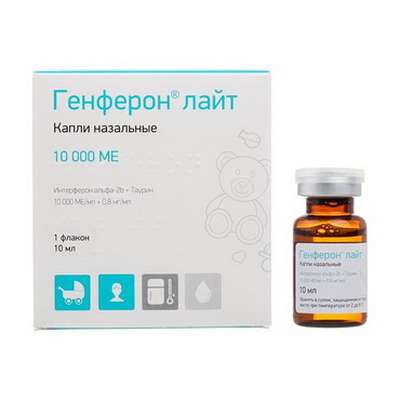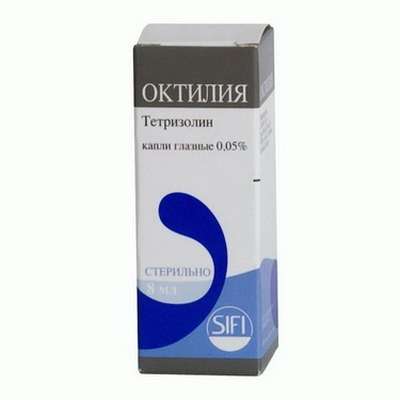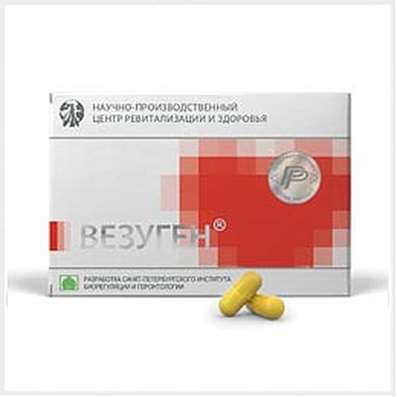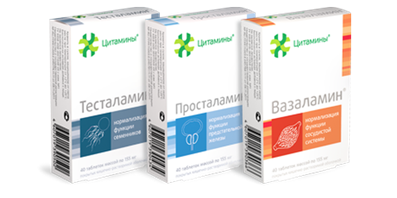Instruction for use: Levocabastine
I want this, give me price
The Latin name of the substance Levocabastine
Levocabastinum (genus. Levocabastini)
Chemical name
(-) - [1 (cis), 3alpha, 4beta] -1- [4-cyano-4- (4-fluorophenyl) cyclohexyl] -3-methyl-4-phenyl-4-piperidinecarboxylic acid (and the form of the hydrochloride)
Gross formula
C26H29FN2O2
Pharmacological groups:
H1-Antihistamines
An anticongestants
Ophthalmic products
The nosological classification (ICD-10)
H10.1 Acute atopic conjunctivitis: Allergic conjunctivitis; Allergic eye diseases; Allergic conjunctivitis; Allergic conjunctivitis caused by chemical and physical factors; Allergic rhinoconjunctivitis; Allergic inflammation of the eyes; Spring Qatar; Spring keratitis; Spring conjunctivitis; Conjunctivitis allergic; Year-round allergic conjunctivitis; Exacerbation of pollinosis in the form of rhinoconjunctival syndrome; Acute allergic keratoconjunctivitis; Acute allergic conjunctivitis; Superficial bacterial infection of the eyes; Rhinoconjunctivitis; Seasonal allergic conjunctivitis; Seasonal conjunctivitis; SENSORY; Chronic allergic keratoconjunctivitis; Chronic allergic conjunctivitis
J30 Vasomotor and allergic rhinitis: Allergic rhinopathy; Allergic rhinosinusopathy; Allergic diseases of the upper respiratory tract; Allergic rhinitis; Allergic rhinitis seasonal; Vasomotor runny nose; Prolonged allergic rhinitis; All-year-round allergic rhinitis; All-year allergic rhinitis; Year-round or seasonal allergic rhinitis; All-the-year-round rhinitis of an allergic nature; Rhinitis vasomotor allergic; Exacerbation of pollinosis in the form of rhinoconjunctival syndrome; Acute allergic rhinitis; Edema of the nasal mucosa; Edema of the nasal mucosa; Edema of the mucous membrane of the nasal cavity; Swelling of the nasal mucosa; Swelling of the nasal mucosa; Pollinosis; Permanent allergic rhinitis; Rhinoconjunctivitis; Rhinosinusitis; Rhinosinusopathy; Seasonal allergic rhinitis; Seasonal allergic rhinitis; Hay rhinitis; Chronic allergic rhinitis; Allergic diseases of the respiratory tract
CAS Code
79516-68-0
Pharmacology
Pharmacological action - Anti-allergic, antihistamine.
Selectively blocks histamine H1 receptors. After intranasal application quickly eliminates the symptoms of allergic rhinitis (sneezing, itching in the nasal cavity, rhinorrhea) and improves nasal breathing (by reducing the swelling of the nasal mucosa). With conjunctival application weakens manifestations of allergic conjunctivitis (itching, redness and swelling of the eyelids, chemosis, lacrimation).
In experimental studies, there was no evidence of a carcinogenic and mutagenic effect, as well as an effect on fertility. In doses exceeding the recommended for humans 2,500 times (intranasal) and 16500 times (conjunctival), has teratogenic activity and / or increases the frequency of resorption of embryos.
After instillation into the eye, it is partially absorbed, (concentration in the blood is insufficient for the manifestation of resorptive action). With a single intranasal application, up to 40 μg (plasma concentration - 1-2 ng / ml) is absorbed. T1 / 2 - about 35-40 hours Excreted mainly by the kidneys in an unchanged form (about 70%). According to the calculated data (based on the determination of the concentration in saliva and breast milk), when the mother uses the intranasal spray, the daily amount in the child's body does not exceed 3.5 μg.
Application of substance Levocabastine
Allergic rhinitis, allergic conjunctivitis, exacerbation of pollinosis in the form of rhinoconjunctival syndrome.
Contraindications
Hypersensitivity.
Restrictions
Pregnancy, children under 6 years (spray), up to 12 years (eye drops).
Application in pregnancy and lactation
When pregnancy is possible, if the expected effect of therapy exceeds the potential risk to the fetus.
Action category for fetus by FDA - C.
During lactation, it is possible under the supervision of a doctor.
Side effects of Levocabastine
From the nervous system and sensory organs: headache (5%), 1-3% - fatigue, dizziness, drowsiness, pain, dryness and redness of the eyes, blurred vision, lacrimation, swelling of the eyelids.
On the part of the respiratory system: 1-3% - dyspnea, pharyngitis, cough, shortness of breath, a feeling of dryness and stuffiness of the nose.
From the skin: 1-3% - urticaria, rash, erythema.
Other: 1-3% - nausea, myalgia.
Locally: 15% - irritation of the conjunctiva (eye drops) or nasal mucosa - tingling or burning in the nose (nasal spray).
Interaction
Update of information
Spray nasal
Interaction with alcohol in clinical studies was not noted. Also, there was no evidence of an increase in the effect of alcohol or diazepam using conventional doses of levocabastine in the form of a nasal spray. Simultaneous use of inhibitors of CYP3A4 isoenzymes ketoconazole or erythromycin did not affect the pharmacokinetics of levocabastine in nasal administration.
Possible local interactions with other nasal drugs have not been adequately studied, with the exception of interaction with oxymetazoline, which can transiently reduce the absorption of levocabastine in nasal administration.
Overdose
Symptoms: with the occasional ingestion of a possible manifestation of sedation, dizziness, hypotension, tachycardia.
Treatment: taking a lot of fluid to accelerate the excretion of the kidneys.
Routes of administration
Conjunctival.
Precautions for the substance Levocabastine
With caution, prescribe nasal spray to patients with impaired renal function. When using eye drops, it is not recommended to wear soft hydrophilic contact lenses (it is possible to interact with benzalkonium chloride, which is part of the preparation). Do not use the solution when changing its color. In case of drowsiness, do not engage in potentially hazardous activities requiring increased attention and speed of psychomotor reactions. Safety and efficacy for the elderly over 65 years of age have not been established.
Special instructions
Before using eye drops and spray, shake the bottle well. To prevent microbial contamination, avoid touching the eyelid with a pipette and close the vial tightly.

 Cart
Cart





